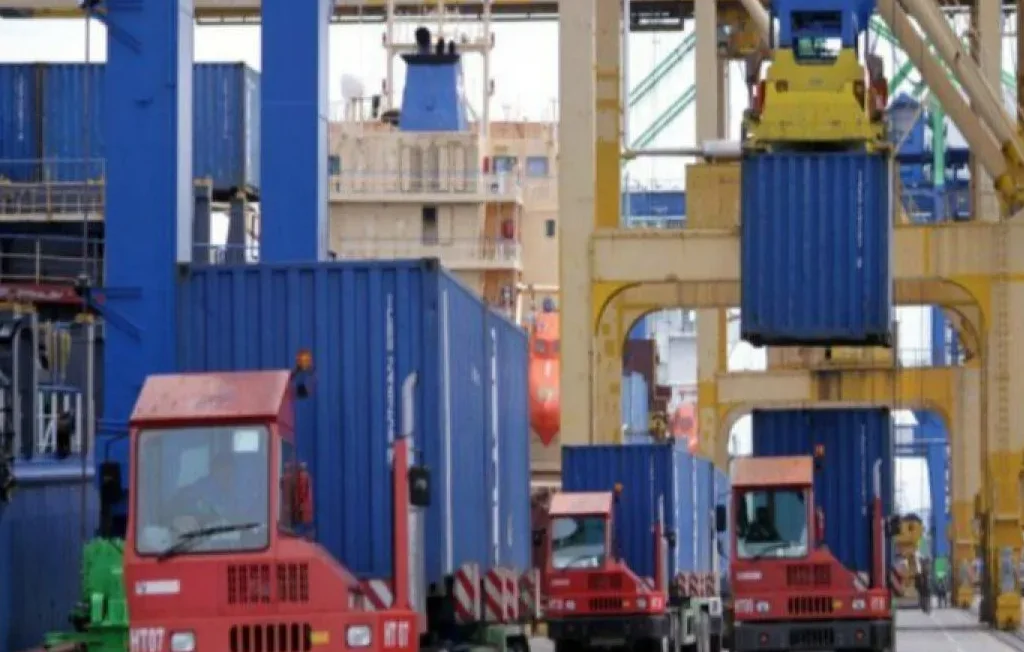Jakarta: Continuing geopolitical uncertainties and turmoil have increased the pressure on global and domestic financial markets.
Ongoing geopolitical conflicts, such as in the Middle East, could increase the risks of a commodity price surge, which could potentially hinder the progress made in controlling inflation.
The spike in inflation in the past few months and the continued strong economic performance of the United States (US) have fueled expectations of high global interest rates for a longer period, causing the US dollar to strengthen and putting pressure on developing countries.
Apart from increasing borrowing costs, hikes in US interest rates or Fed Fund Rate (FFR) policies have put significant pressure on financial markets in several countries, pushing capital outflows and causing depreciation of local currencies, especially in emerging market countries.
Though the global economy has shown resilience and is projected to continue to grow, the growth is expected to slow for several years.
Bank Indonesia (BI) has estimated global economic growth of 3 percent in 2024 amid high uncertainty in the financial market.
Furthermore, inflation in developed countries, such as the US, has remained above the target.
According to the January 2024 update of the World Economic Outlook (WEO) report released by the International Monetary Fund (IMF), the global economy is predicted to grow 3.1 percent in 2024, or 0.2 percentage points higher than the previous projection made in the WEO of October 2023.
It has been projected that global growth in 2024–2025 will remain below the historical average (2000–2019) of 3.8 percent, with high central bank interest rates reducing inflation rates, withdrawal of fiscal support amid high debt weighing on economic activity, and low basic productivity growth.
Meanwhile, global inflation is projected to decline to 5.8 percent in 2024 and 4.4 percent in 2025. The projected rate for 2025 is lower than the previous forecast.
However, Indonesia’s economy has managed to show good performance, with growth of 5.05 percent recorded in 2023, supported by strong domestic demand and moderate inflation.
According to Finance Minister Sri Mulyani Indrawati, the country’s fiscal policy has been effective in steering the economy in the aftermath of the COVID-19 pandemic and the current global shock.
Indonesia is among the few countries whose fiscal position has continued to improve significantly. The nation’s fiscal deficit declined significantly from 6.1 percent of the gross domestic product (GDP) during the pandemic in 2020 to 1.65 percent in 2023. Thus, the debt-to-GDP ratio continued to fall.
Indonesia’s short-term economic prospects remain strong. This resilience is reflected in the Purchasing Managers’ Index (PMI), which has continued to show expansion, with the manufacturing index reaching a level of 54.2 in March 2024.
In terms of demand, consumer confidence remains robust, with the Consumer Confidence Index in the optimistic zone at 123.8 as of March.
Domestic demand
The resilience of the Indonesian economy amid increasing global uncertainty has also been reflected in the economic growth in the first quarter of 2024, which stood at 5.11 percent year on year (yoy), higher than the 5.04 percent yoy growth recorded in the previous quarter.
According to the director of the BI’s communication department, Fadjar Majardi, this year, national economic growth is projected to remain strong in the range of 4.7 percent to 5.5 percent yoy, supported by domestic demand, especially continued growth in consumption and investment in building infrastructure, in keeping with the continuity of National Strategic Projects (PSN).
The higher economic growth in the first quarter of 2024 was supported by higher domestic demand. Household consumption grew by 4.91 percent yoy on account of the 2024 General Elections, national holidays, and collective leave.


